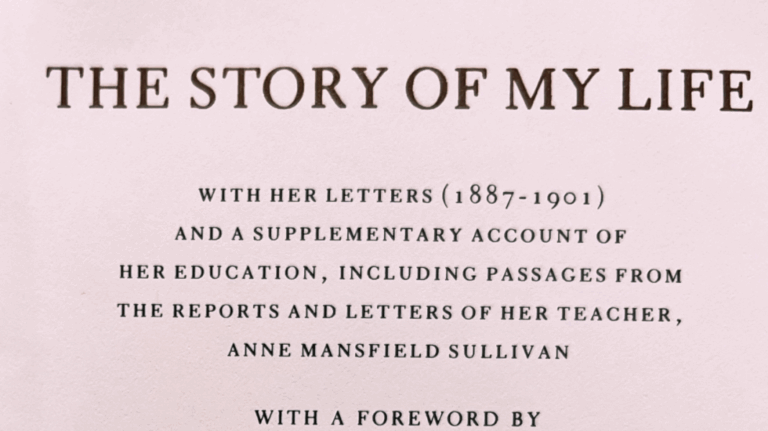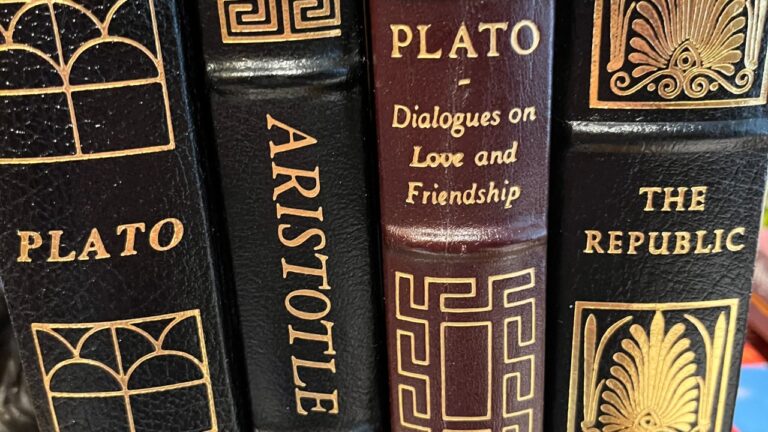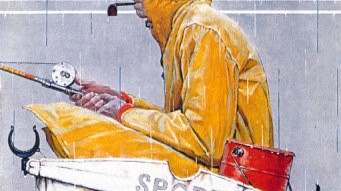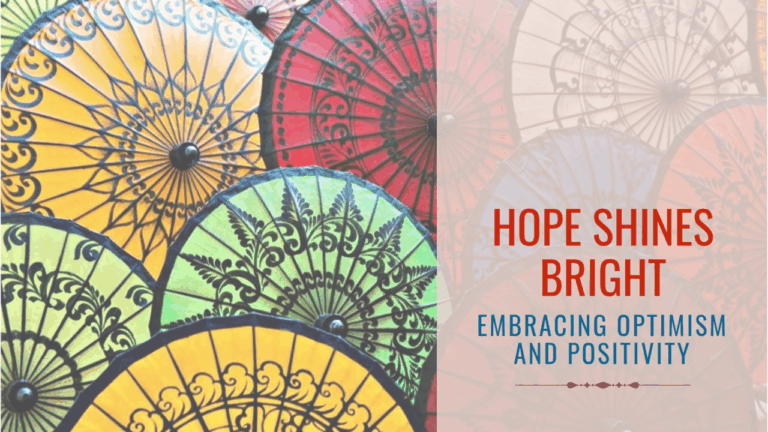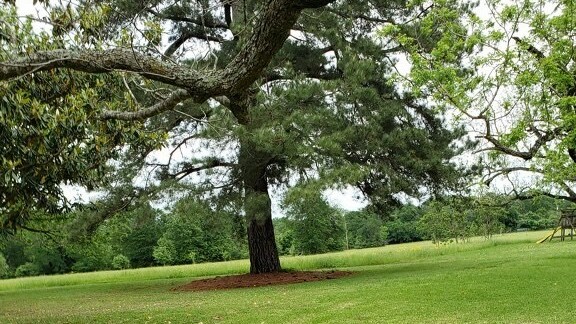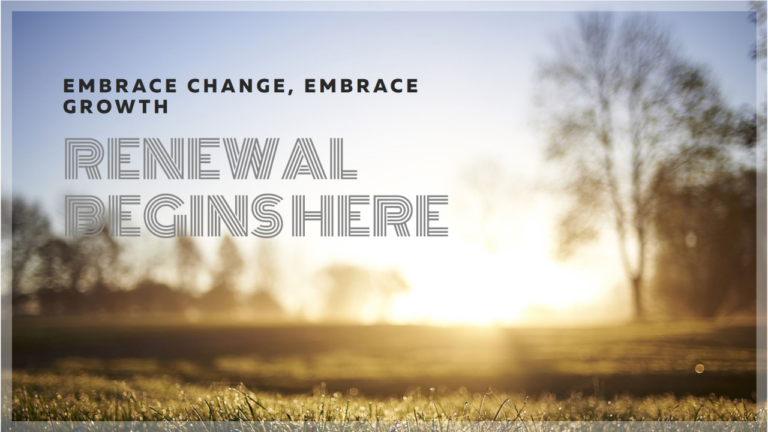Live Like You Were Dying
See if you are living the life you want to live by answering these questions. Note: This is a challenging exercise because you will need to think deeply to gain a genuine understanding of yourself. (Thanks to Tim McGraw for the inspiration.) What 3 activities are the most important to me? What 3 activities give…

